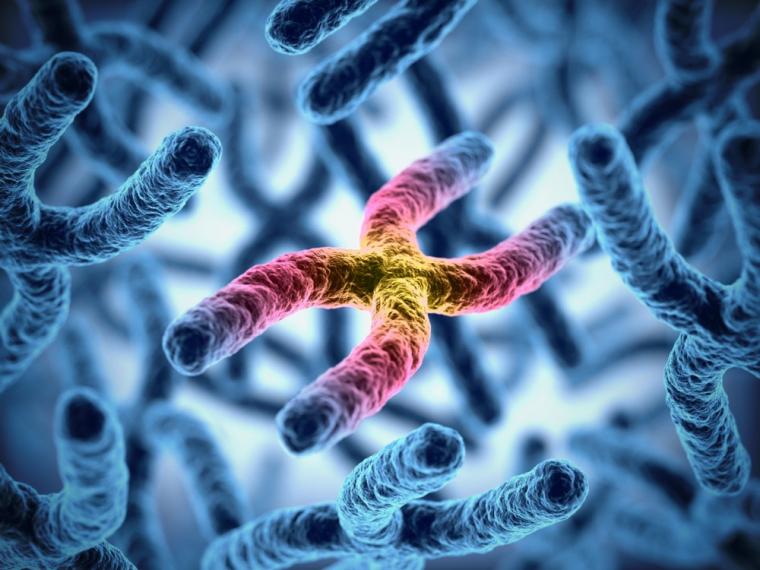Searching for a diagnosis: how scientists are untangling the mystery of developmental disorders
For children and families facing an extremely rare genetic disease, getting a diagnosis is a crucial first step. When the “diagnostic odyssey” of typical medical tests leads nowhere, full genome sequencing is offering hope. The results can allow people to learn from other patients what the future might hold, help to predict whether future children might be affected — and, in some cases, point towards a treatment.
In October 2018, NHS England will launch its Genomic Medicine Service, 13 genomic medicine centres that will provide whole genome sequencing to people with undiagnosed rare diseases and cancer – another disease of mutated genes.
By uncovering the exact genomic changes driving tumour growth, doctors can choose more effective treatments. People with developmental diseases and cancer will be the first to benefit, but as our understanding of genetics grows, the infrastructure will be in place for the testing of other disorders as well, such as early onset dementia or multiple sclerosis, which may be caused by several gene variants.
Identify mutations that had occurred ‘de novo’ – either during egg or sperm production or when the affected person was still an early embryo. What seems to be important is the timing of when mutations occur: developmental disorders largely seem to arise from mutations in the eggs or sperm that aren’t present in the rest of the parents’ cells – or from mutations occurring shortly after the egg is fertilised.
https://mosaicscience.com/story/developmental-delay-disorders-milestones-childhood-genetic/


